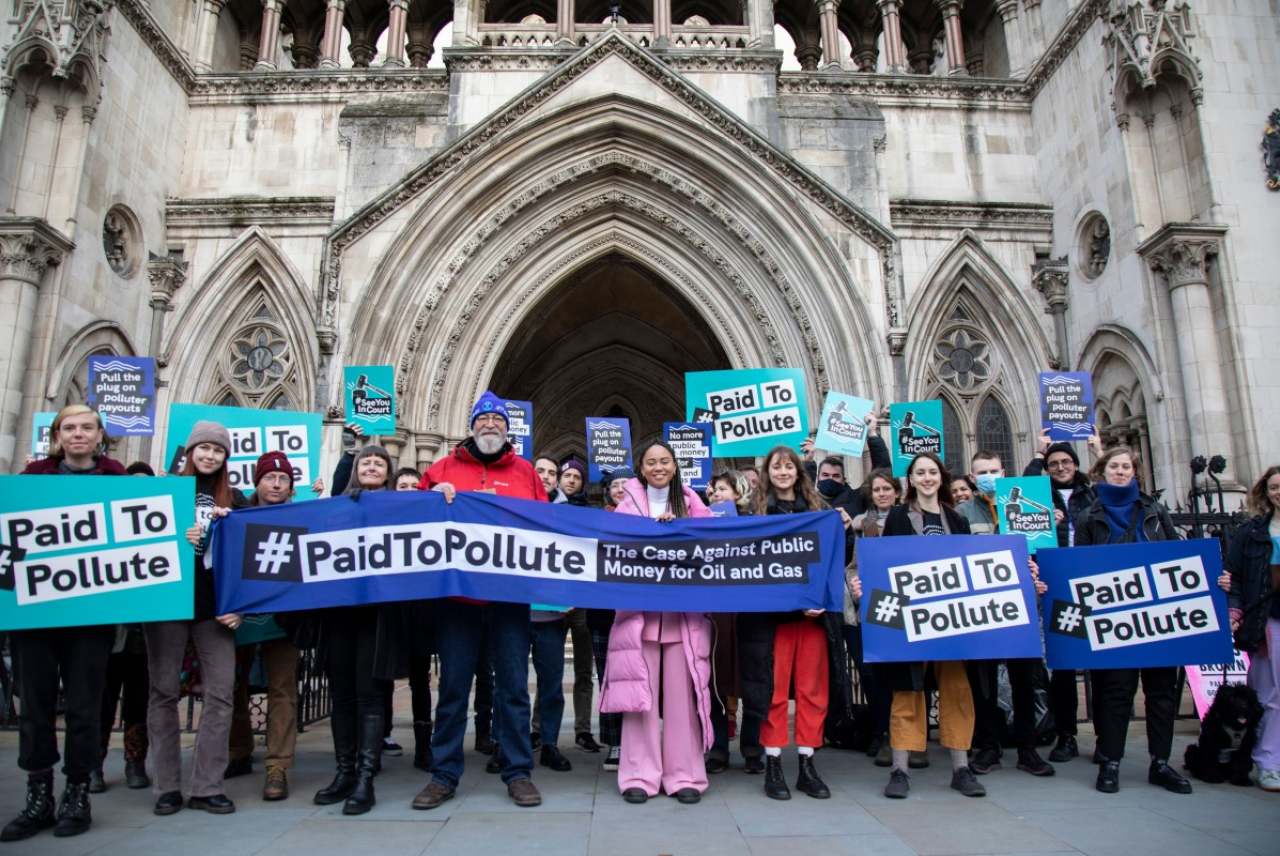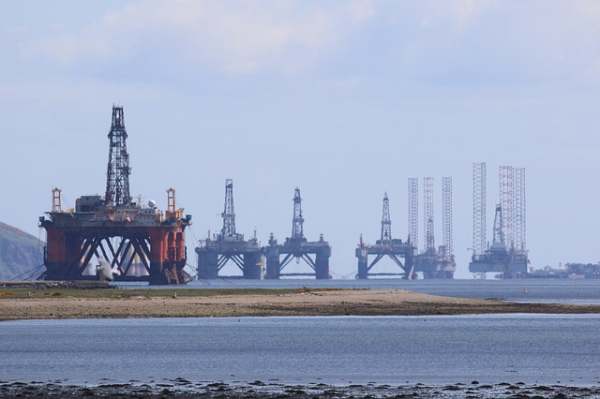In the wake of COP26 in Glasgow last November, governments across the world have come under heightened scrutiny for the support they provide to the fossil fuel industry. Despite branding itself as a ‘climate leader’, the UK government has faced particular push-back from campaigners, as policy decisions show these claims to be nothing more than empty words.
A welcoming place for fossil fuel companies
Currently, the UK’s tax regime makes it the most profitable country in the world to develop big offshore oil and gas projects. Most spending on oil and gas exploration can be offset against tax, as it is classified as ‘research and development’. Almost all spending on new fields can be offset in the first year of development, and companies can claim tax relief for decommissioning offshore installations.
Since the Paris Agreement, the government has provided £13.6 billion in subsidies to the UK oil and gas industry. From 2016 to 2020 companies received £9.9 billion in tax relief for new exploration and production, including £15 million of direct grants for exploration, and £3.7 billion in payments towards decommissioning costs.
Paid to Pollute legal case
These subsidies were highlighted at the end of 2021, as the Paid to Pollute case was heard at the High Court in London on December 8th. Environmental campaigners Mikaela Loach, Jeremy Cox and Kairin van Sweeden challenged the UK government directly in court, arguing that the state-owned Oil and Gas Authority’s (OGA) approach to offshore oil and gas is unlawful.
While the hearing in the High Court was scheduled to take two days, the efficiency of the legal teams meant that it wrapped up in one. The hearing followed a public panel with the claimants on December 6th and a rally which was held on December 7th near the courts, with support from a coalition of environmental groups, activists and the general public.
In early January 2022 the High Court ruled against the claimants but, while this may be a setback, the fight is far from over. While the claimants consider ground for appeal it is vital to remember that this case has always been part of a larger movement. One ruling alone cannot achieve climate justice, and this case has still seen major successes.
Most importantly, the UK government had to concede that oil and gas companies may make more from subsidies than they pay in tax. The government had previously denied this fact but, in an unprecedented development, were forced to admit to it in public record in the High Court.
While the Court may not have ruled it as unlawful, forcing the government to be truthful about unacceptable levels of profits for oil and gas companies is key to shaping future conversation and resistance to the fossil fuel industry.







